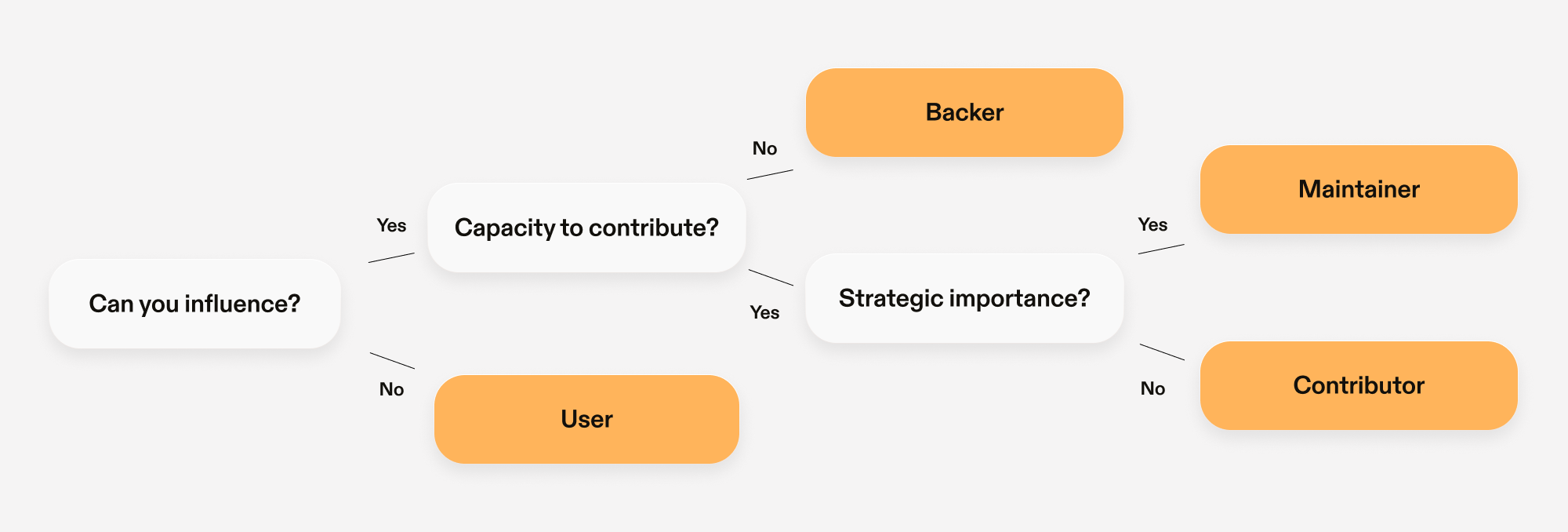what is the point of libraries now that you can just generate them?

It's a meme as accurate as time. The problem is that our digital infrastructure depends upon just some random guy in Nebraska.

Open-source, by design, is not financially sustainable. Finding reliable, well-defined funding sources is exceptionally challenging. As projects grow in size, many maintainers burn out and find themselves unable to meet the increasing demands for support and maintenance.
Speaking from experience here, as someone who has delivered talks at conferences (see below) six years ago and also took a decent stab at resolving open source funding. The settlement on my land on Kangaroo Island was funded through open-source donations, and I'm forever thankful to the backers who supported me during a rough period of my life for helping make that happen.
Rather than watch a 60-minute talk by two burnt-out open-source maintainers, here is a quick summary of the conference video. The idea was simple:
If companies were to enumerate their bills of material and identify their unpaid vendors, they could take steps to mitigate their supply chain risks.

For dependencies that are of strategic importance, then the strategy would be a combination of financial support, becoming regular contributors to the project or even hiring the maintainers of these projects as engineers for [short|long]-term engagements.
Six years have gone by, and I haven't seen many companies do it. I mean, why would they? The software's given away for free, it's released as-is, so why would they pay?
It's only out of goodwill that someone would do it, or in my case, as part of a marketing expenditure program. While I was at Gitpod, I was able to distribute over $33,000 USD to open-source maintainers through the program.
The idea was simple: you could acquire backlinks and promote your brand on the profiles of prolific open-source maintainers, their website and in their GitHub repositories for a fraction of the cost compared to traditional marketing.
Through the above framework, I was able to raise over $33,000 USD for open source maintainers. The approach still works, and I don't understand why other companies are still overlooking it.

Now it's easy to say "marketing business dirty", etc., but what was underpinning this was a central thought.
If just one of those people can help more people better understand a technology or improve the developer experience for an entire ecosystem what is the worth/value of that and why isn’t our industry doing that yet?
The word volunteer, by definition, means those who have the ability and time to give freely.
Paying for resources that are being consumed broadens the list of people who can do open-source. Additionally, money enables open-source maintainers to buy services and outsource the activities that do not bring them joy.
so what has changed since then?
AI has. I'm now eight months into my journey of using AI to automate software development (see below)

and when I speak with peers who have similarly spent the same amount of time invested in these tools, we're noticing a new emergent pattern:




